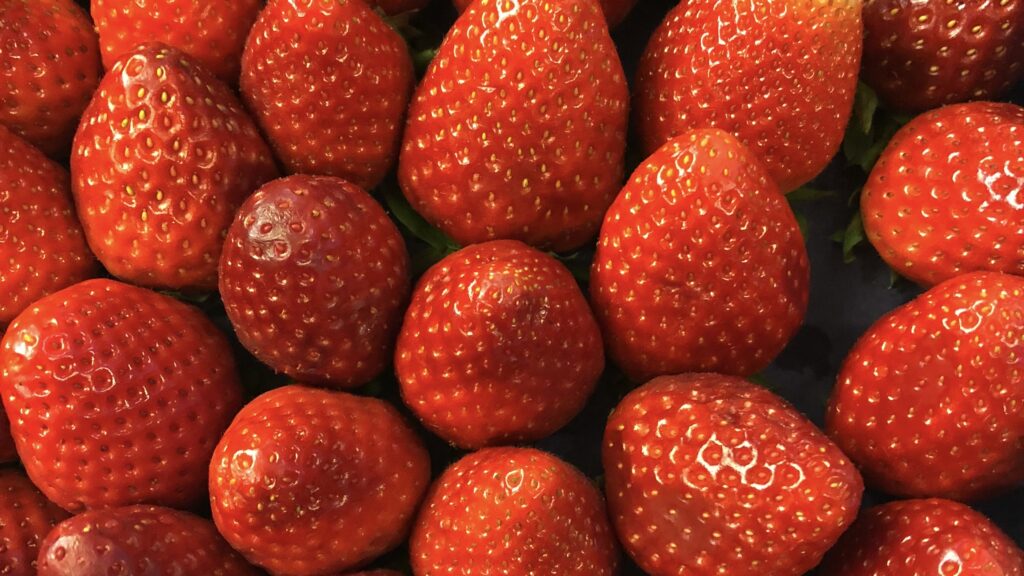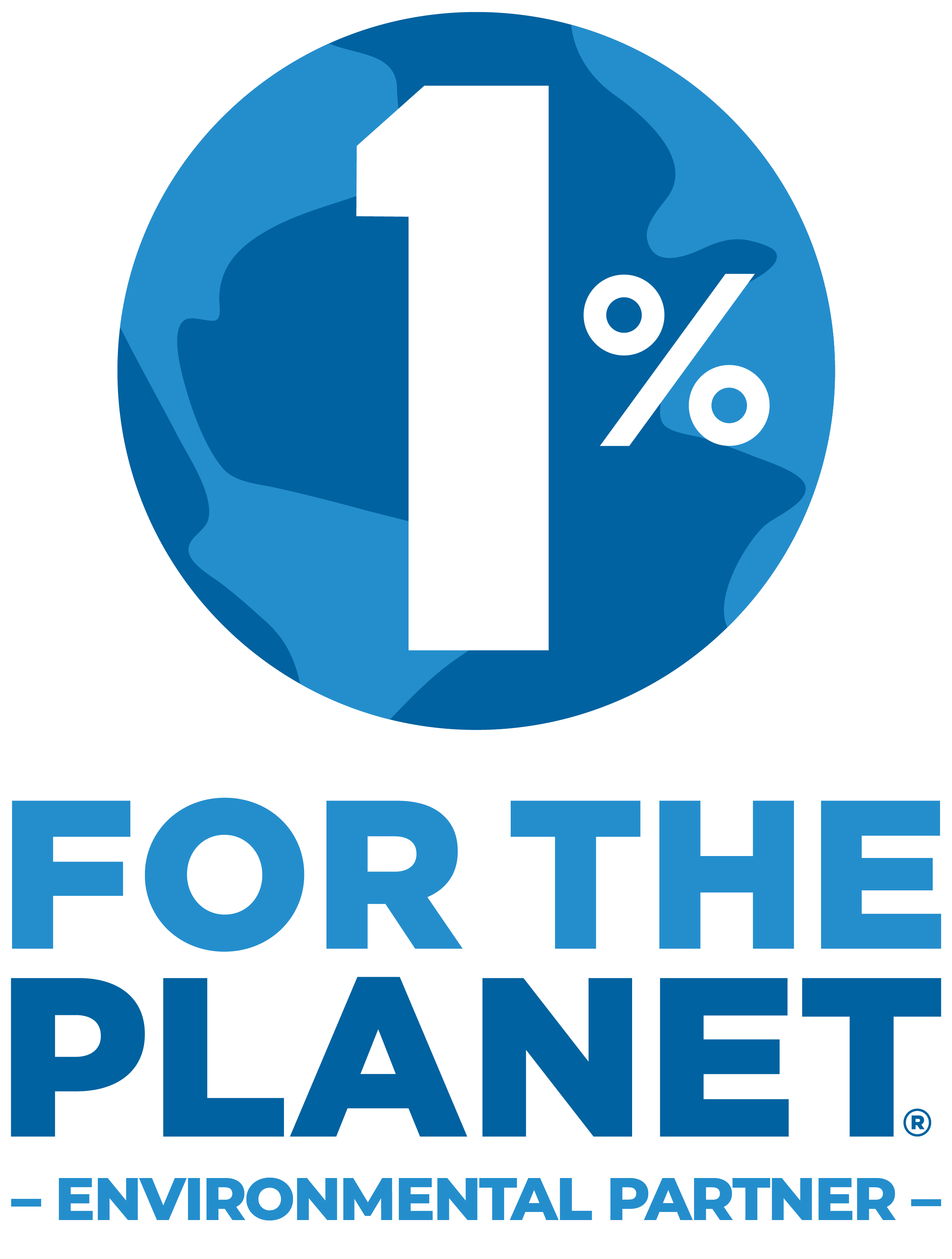Join us for the Teaching Economics through Climate – The Snowmobile Business Plan - January 13, 2026 4-5pm ET
Strawberries, Spinach Top 2023’s “Dirty Dozen” Pesticides-in-Produce List
March 20, 2023

Before you pop that next blueberry or grape into your mouth, consider how thoroughly it's been washed. That’s the advice of the Environmental Working Group (EWG). They're the nonprofit behind this year’s “Dirty Dozen” list.
In its “2023 Shopper’s Guide to Pesticides in Produce,” EWG analyzed 46,569 samples of 46 fruits and veggies. They washed, peeled, and scrubbed the foods. Then they tested them for pesticides. They found that certain items still had traces of chemicals on them.
The “Dirty Dozen” are the items that had the most pesticides left after washing. They include strawberries, spinach, and kale and mustard greens. Peaches, pears, and nectarines came next. Rounding out the list were apples, grapes, bell and hot peppers, cherries, blueberries, and green beans.
If people eat small doses of pesticides over a long period of time, they may feel “tired or weak,” the Centers for Disease Control and Prevention warn.
Fortunately, there are steps fruit-and-veggie lovers can take to ensure their food is clean, CNN reports. Among them:
- Buy organic fruits and veggies.
- Rinse produce before peeling; pesticides (and bacteria) can transfer from a knife onto the ready-to-eat food.
- Use a veggie brush to scrub apples or melons.
- Wash hands with warm water and soap before and after preparing fresh produce.
There are also types of fruits and vegetables less likely to carry pesticides. They are known as the “Clean 15.” Avocados, sweet corn, and pineapple made that list. So did onions, papaya, frozen sweet peas, and asparagus. Honeydew melon, kiwi, cabbage, mushrooms, mangoes, sweet potatoes, watermelon, and carrots are safer bets, too.
Photo from ZaiB Tse courtesy of Unsplash.





